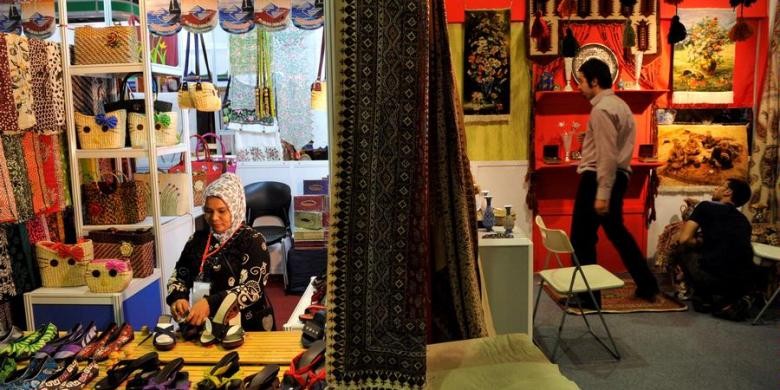Popular Reads
Top Results
Can't find what you're looking for?
View all search resultsPopular Reads
Top Results
Can't find what you're looking for?
View all search resultsInnovate to promote fintech credit for SMEs
SMEs in Indonesia still face difficulties in accessing bank loans due to several factors, such as their low profitability and inability to provide eligible collateral.
Change text size
Gift Premium Articles
to Anyone
T
here are high expectations from financial technology (fintech) companies in promoting reliable alternative lending programs for small and medium enterprises (SMEs). However, more initiatives are needed to realize the lending potential from fintech companies.
Fintech credit, or electronically facilitated credit activity such as those provided by peer-to-peer (P2P) lenders, have taken the world’s attention along with all innovation facets of fintech companies in general.
Based on the Financial Stability Board report in 2017, although it still accounts for only a small portion of the total traditional lending programs, the pace of growth of fintech credit cannot be ignored. This trend is taking place in countries across the world, such as China and the United Kingdom.
In China, based on a report by the Association of Chartered Certified Accountants in 2016, there was between US$20 billion and $40 billion worth of outstanding loans provided by fintech companies. Around 20 to 40 percent of total loans were disbursed to SMEs either for investment or working capital, with the rest being channeled as personal loans.


















